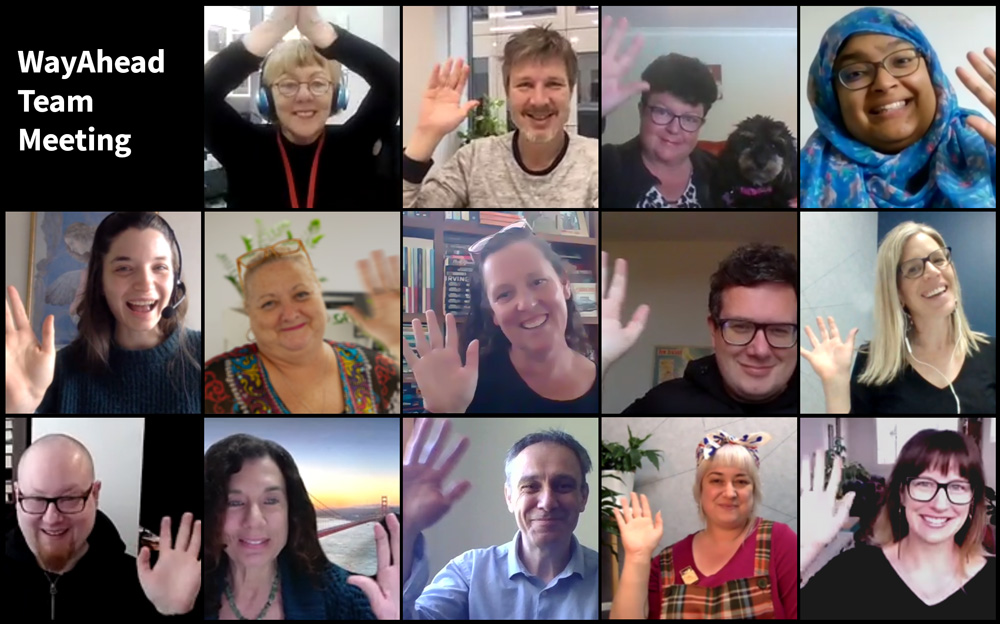Depression is a common mental health problem and is significantly different from mere unhappiness or sadness. It is a long lasting, often recurring illness as real and debilitating as heart disease. About 800,000 Australians experience depression each year and one in five people is likely to experience depression or anxiety during their lifetime. In fact almost 80% of those with a diagnosed depressive disorder also have an anxiety problem (1997 National Survey of Mental Health and Wellbeing of Adults, Australian Bureau of Statistics).
 What Are The Symptoms?
What Are The Symptoms?
The symptoms and the severity of feelings of depression may be different for each person. However, the following symptoms are commonly experienced:
- eating too much or too little
- sleeping too much or too little – including frequent waking during the night, difficulty getting to sleep or being unable to wake in the morning
- headaches, digestive disorders or nausea
- restlessness, agitation and irritability
- loss of interest in daily activities, a lack of energy and/or loss of sex drive
- excessive crying and being easily upset
- persistent feelings of sadness, anxiety, isolation, helplessness and hopelessness
- feelings of guilt or worthlessness
- thoughts of suicide or feelings of wanting to escape from the way one is feeling
- difficulty concentrating, remembering, making decisions.
What Are The Causes?
Depression can be a result of an interaction between a number of factors including:
Environmental factors
Stress associated with certain stages of life, such as puberty, middle age or retirement and stress resulting from personal experiences such as family breakdown, migration and unemployment.
Biological factors
An imbalance of the chemicals in the brain that regulate mood and activity can alter someone’s thoughts, emotions and behaviour, resulting in depression.
Genetic factors
People can inherit a predisposition or vulnerability to the development of depression.
Personality
Some personality types are more prone to depression, including those who set very high standards for themselves and others.
Thinking style
People with depression often think in unrealistic or negative ways which may cause or maintain depression.
Past depressive episodes
Once you have experienced an episode of Major Depression, you may be more likely to develop depression or another mental illness in the future.
Physical illness or medical conditions
Some medical conditions and medications used to treat physical illnesses can trigger depression.
Alcohol and other recreational drugs
Some recreational drugs can make depression worse or trigger depression in some people.
Treatments
Some of the common treatments for symptoms of depression include:
- behavioural and lifestyle changes
- counselling and psychotherapy, including cognitive-behavioural therapy
- antidepressant medications which can be prescribed by a General Practitioner (GP) or psychiatrist alternative therapies
What You Can Do to Help Yourself
If you are concerned that you or someone you know may be experiencing symptoms of depression:
- find out as much as you can about depression by accessing the resources and websites listed at the top of this page
- see your General Practitioner (GP) or have an assessment conducted by a mental health professional
- if treatment is required, discuss the options with a mental health professional and decide on a program that is right for you
- don’t let misconceptions about mental illness stop you from seeking help.
- incorporate regular exercise into your daily program
- learn to reduce your stress levels and relax
- remember that depression is not your fault and that depression can be treated
